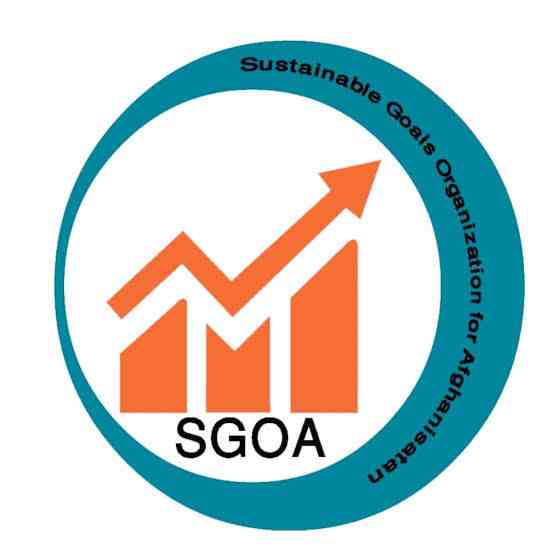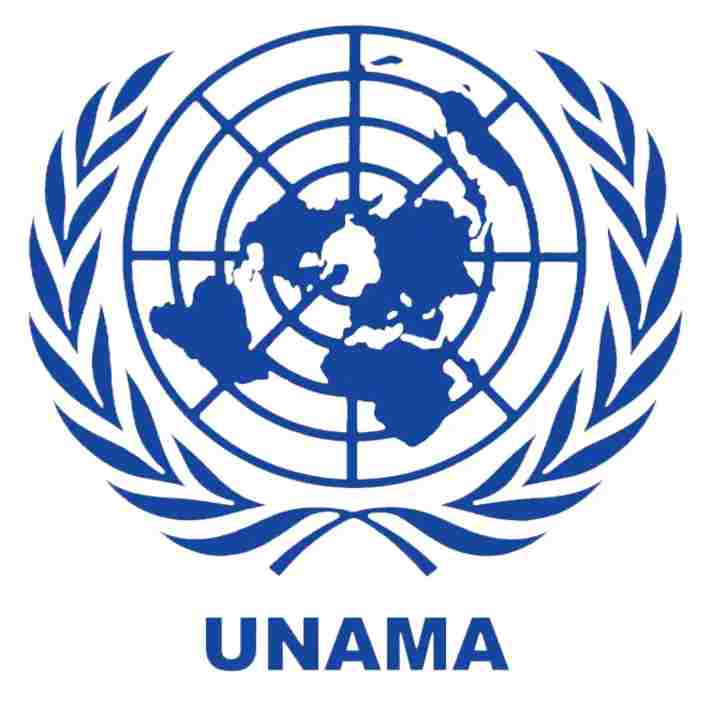The HR Manager will establish the HR framework from scratch, including recruitment,
compliance, staff management, performance evaluation, training, and more. The role is to ensure that Compassionate Afghanistan's workforce is effectively managed, adhering to best practices and legal requirements.
3. Key Responsibilities
3.1. Strategic HR Management
● Develop and implement a comprehensive HR strategy aligned with Compassionate Afghanistan's mission and values.
● Establish HR policies, including recruitment, staff conduct, and performance
management, which reflect the organizational culture and standards.
● Monitor HR trends and recommend improvements to support the organization's strategic
objectives.
3.2. Recruitment and Staffing
● Post job advertisements, manage applications, and conduct recruitment processes for all
positions.
● Coordinate interviews, facilitate candidate selection, and ensure timely hiring.
● Ensure the recruitment process promotes gender inclusivity, diversity, and adherence to
organizational needs.
● Maintain a central record of all candidates and ensure the recruitment process is
transparent and compliant with policies.
3.3. Compliance and Legal Framework
● Ensure adherence to Afghan labor laws and international standards for employee
management.
● Prepare and maintain employment contracts, ensuring all legal requirements are met.
● Track and manage employee documentation and ensure compliance with the Afghan
Ministry of Labor and international regulations.
● Act as a resource for employees on their rights, responsibilities, and compliance with
workplace regulations.
3.4. Employee Onboarding and Orientation
● Design and implement an onboarding program for new hires to ensure they understand
Compassionate Afghanistan’s culture, values, and job expectations.
● Provide new employees with relevant training to ensure smooth transitions into their
roles.
3.5. Performance Management and Staff Development
● Implement a system for regular performance appraisals and feedback.
● Identify and address training and development needs, ensuring staff are equipped to meet
organizational objectives.
● Develop a career growth framework to encourage professional development and
retention.
● Offer guidance to employees on performance issues, providing support where necessary.
3.6. HR Policies and System Development
● Create and enforce policies related to employee conduct, disciplinary actions, and
workplace behavior.
● Establish a performance management framework, including systems for feedback,
evaluations, and rewards.
● Design and implement a payroll system that aligns with compensation policies.
● Manage the employee grievance system and ensure conflicts are resolved effectively and
fairly.
3.7. Payroll and Benefits Management
● Ensure that all employee salaries are calculated and processed on time.
● Manage employee benefits, including health insurance, leave entitlement, and retirement
benefits.
● Work with the Finance Department to ensure compliance with budgeting and financial
reporting standards.
3.8. Employee Relations and Staff Welfare
● Foster a positive and inclusive organizational culture that encourages employee
engagement and well-being.
● Provide support for employees facing personal or professional challenges and address
any grievances in a fair manner.
● Maintain a safe working environment and encourage open communication between staff
and management.
3.9. Reporting and Documentation
● Maintain accurate and confidential employee records, including personal details,
contracts, performance evaluations, and disciplinary records.
● Prepare HR reports for the Executive Director, Or Chief Operating officer including monthly summaries, recruitmen updates, and employee turnover rates.



